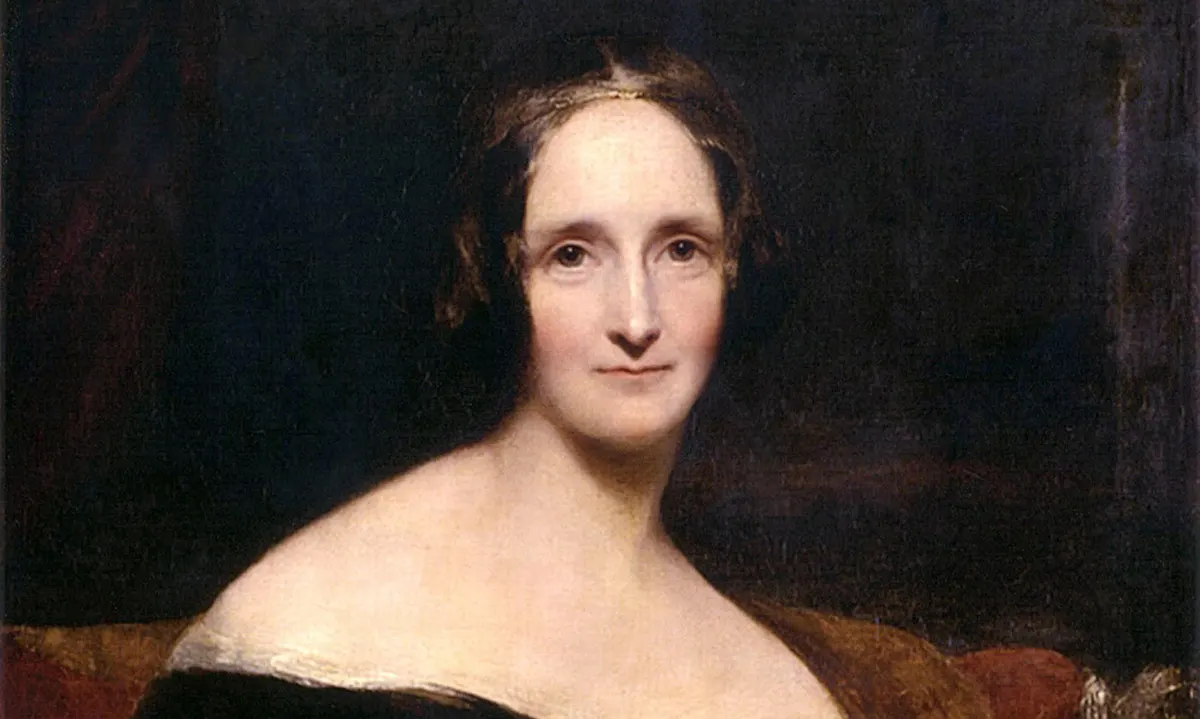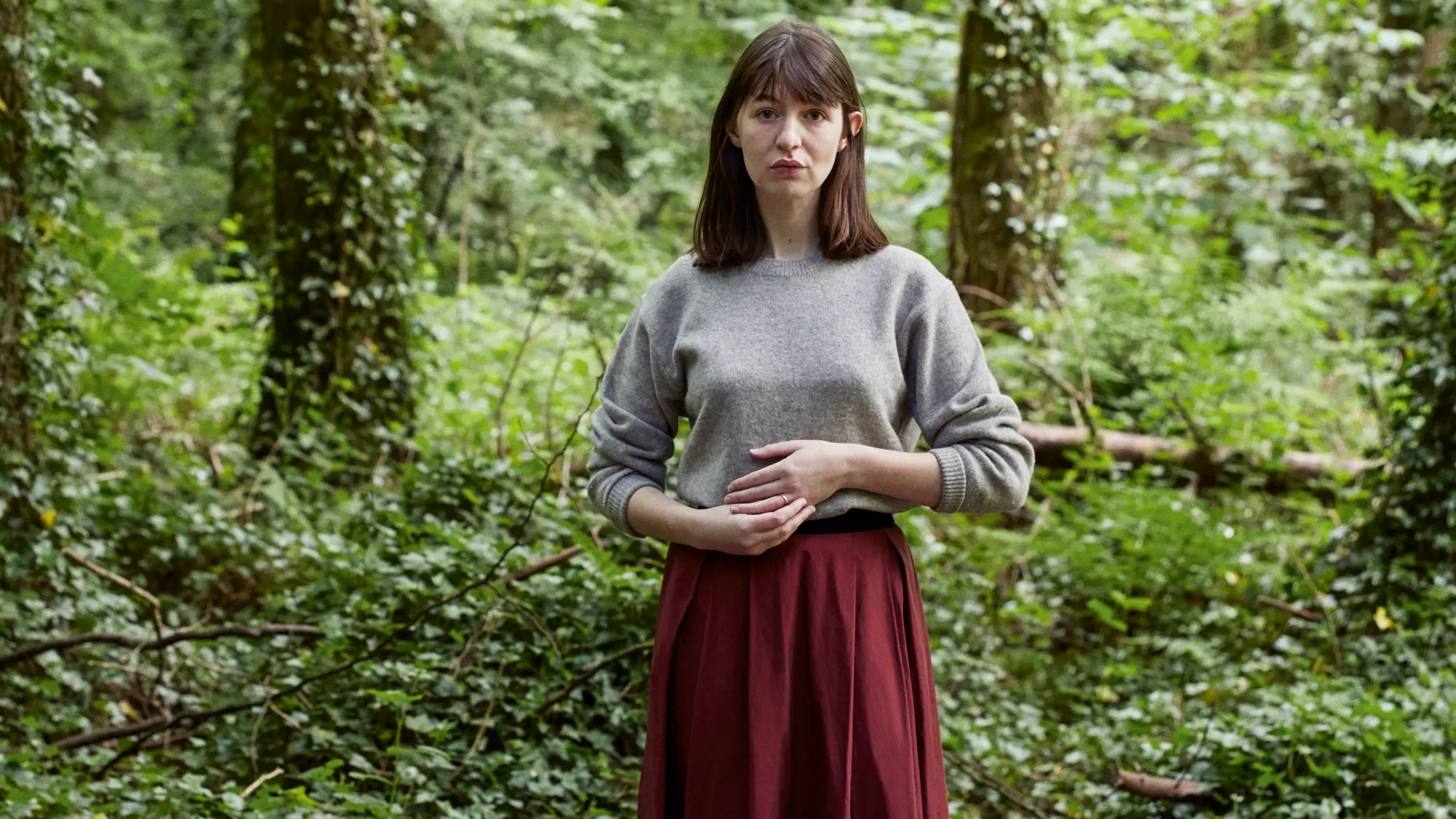Spotlight on Women Writers: Celebrating Female Authors and Their Contributions
Throughout history, women writers have made significant contributions to literature, enriching the literary landscape with their unique perspectives, powerful narratives, and groundbreaking ideas. This spotlight celebrates the achievements of female authors across genres and centuries, highlighting their enduring influence on literature and culture worldwide.


Historical Contributions and Pioneers
Women have been writing since ancient times, though often underrepresented and overlooked. Despite societal barriers, several pioneering women writers broke through and left a lasting legacy:
1. Mary Shelley (1797-1851): Best known for her novel "Frankenstein," Mary Shelley is considered one of the founders of science fiction and a trailblazer in exploring ethical and moral questions through her storytelling.
2. Jane Austen (1775-1817): Revered for her keen observations of society and sharp wit, Jane Austen's novels such as "Pride and Prejudice" and "Emma" continue to captivate readers with their timeless themes of love, class, and social norms.
3. Virginia Woolf (1882-1941): A central figure in modernist literature, Virginia Woolf challenged conventional narrative structures and delved deeply into themes of identity, consciousness, and the complexities of human experience in works like "Mrs. Dalloway" and "To the Lighthouse."
Diverse Voices and Modern Perspectives
In the 20th and 21st centuries, women writers have expanded literary horizons, bringing diverse voices and perspectives to the forefront:
1. Toni Morrison (1931-2019): A Nobel Prize and Pulitzer Prize-winning author, Toni Morrison explored African American culture and history in works like "Beloved" and "Song of Solomon," confronting themes of slavery, identity, and trauma with lyrical prose and profound insight.
2. Chimamanda Ngozi Adichie (b. 1977): Renowned for novels such as "Half of a Yellow Sun" and "Americanah," Chimamanda Ngozi Adichie explores themes of race, feminism, and post-colonialism, challenging stereotypes and amplifying the voices of African women.
3. J.K. Rowling (b. 1965): Creator of the beloved "Harry Potter" series, J.K. Rowling captured the imaginations of millions worldwide with her magical storytelling, empowering themes of friendship, courage, and the power of love resonating across generations.
Genre Defiers and Innovators
Women writers have continually pushed boundaries and redefined genres, demonstrating versatility and creativity across diverse literary forms:
1. Agatha Christie (1890-1976): The "Queen of Mystery," Agatha Christie penned timeless detective novels such as "Murder on the Orient Express" and "The Murder of Roger Ackroyd," showcasing her mastery of suspense and intricate plot twists.
2. Octavia Butler (1947-2006): A pioneering voice in science fiction, Octavia Butler explored themes of race, gender, and power dynamics in speculative futures through novels like "Kindred" and the "Parable" series, influencing a new generation of writers.
3. Margaret Atwood (b. 1939): Known for dystopian fiction like "The Handmaid's Tale" and "Oryx and Crake," Margaret Atwood examines societal issues with chilling foresight, blending literary prowess with profound social commentary.
Contemporary Voices and Emerging Talents
Today, women writers continue to enrich literature with fresh perspectives, tackling pressing issues and exploring new narratives:
1. Sally Rooney (b. 1991): With novels such as "Normal People" and "Conversations with Friends," Sally Rooney captures the complexities of modern relationships and the nuances of youth with sharp dialogue and emotional depth.
2. Ocean Vuong (b. 1988): A poet and novelist, Ocean Vuong explores themes of identity, immigration, and intergenerational trauma in works like "On Earth We're Briefly Gorgeous," blending lyrical prose with poignant reflections on the human condition.
3. Brit Bennett (b. 1989): Author of "The Vanishing Half" and "The Mothers," Brit Bennett examines race, family, and identity with narrative precision and empathy, resonating with readers and critics alike.


Women writers have continually shaped and reshaped the literary landscape, challenging norms, amplifying marginalized voices, and enriching cultural discourse with their storytelling prowess. Their contributions span centuries and genres, offering insights into human experiences and societal issues that resonate deeply with readers worldwide. As we celebrate these remarkable authors, we acknowledge their enduring impact and the ongoing evolution of literature through their diverse and compelling narratives.












